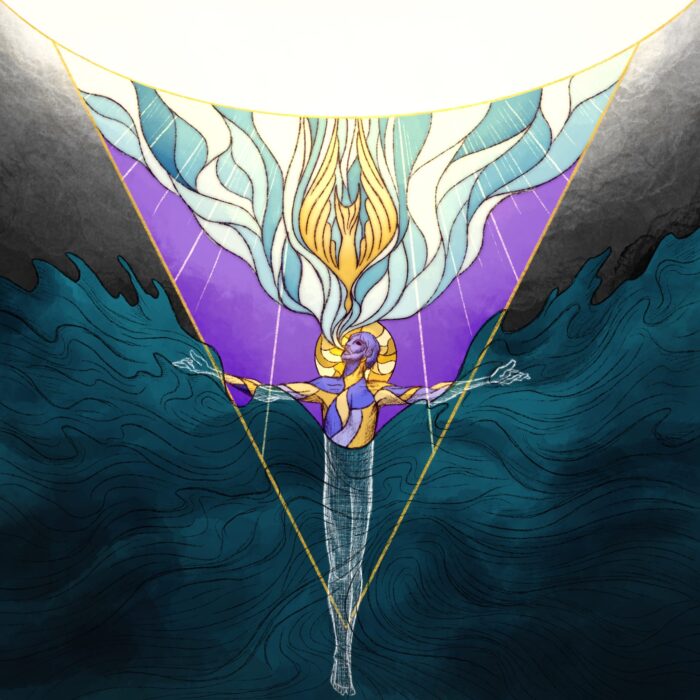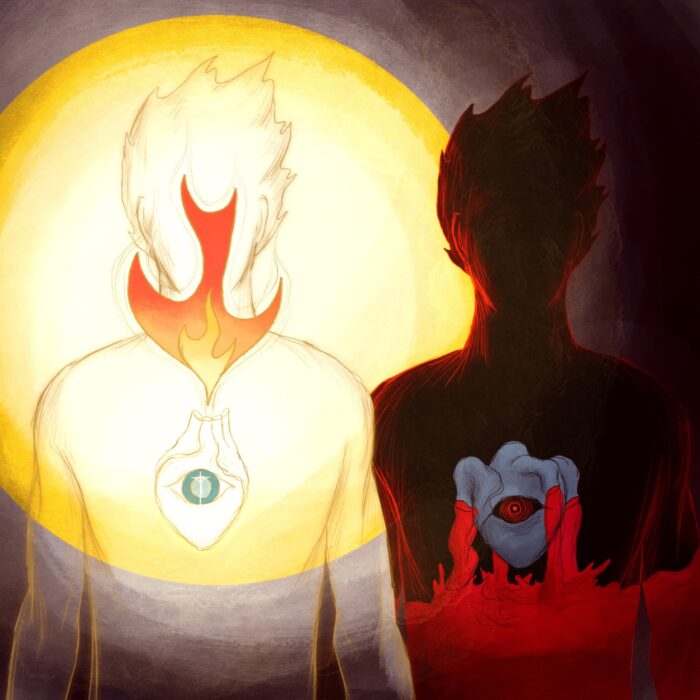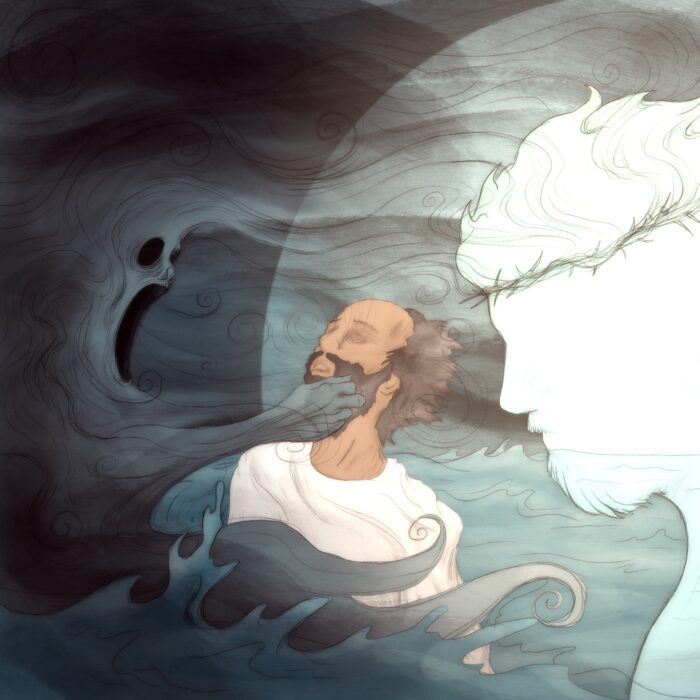
Matthew 2:16-17, “…He saw the Spirit of God descending like a dove and coming to rest on Him; and behold, a voice from heaven said, ‘This is my beloved Son, with whom I am well pleased.’”
Jesus is our window into the Trinity. It is by and in Him alone that we know God as Triune and see His heart at work; the baptism account is a perfect example of this. Here we see Jesus only, taking on the shape of perfectly obedient humanity before God. Yet in Him and by His obedience we see His distinction from and yet unity with the Father, and the Holy Spirit as the personal context by which this unity is communicated and in whom it takes place.
So, if we affirm that Jesus is God, then we must affirm that Jesus’ relationship to His Father in the Spirit is also indispensably part of who God is. The God whom Jesus reveals to us is not a solitary monad or an eternally lonely individual, but is the vibrantly relational unity of Father, Son, and Spirit. Thus, as I said, Jesus Himself becomes the window by whom we know the Triune God.
At the baptism of Jesus, we not only see the inauguration of the Messiah’s public ministry, and the perfect vicarious repentance of our covenant head, and the love—and, therefore, life—into which we are invited, we also—and ultimately—see the inner life of God Himself on display. The Father ever glad in the Son as His eternally generated image, the Son imaging the Father in His joyful and free obedience to the Father, and the Spirit as the personal, reciprocal love between the two who is the Beauty of the Triune life.
That is what we see here at the baptism of Jesus…..and, as I mentioned above, this is precisely the joy, the fellowship, the life into which we are called by and in Jesus. The Spirit Himself—who is the bond of God’s unity—binds us to Jesus through His indwelling presence so that—like a bride united to her husband, albeit at an infinitely deeper, more intimate, and more permanent level—we are bound to, united with, hidden in Christ. And in this place, we too enter into the life of God’s own love and joy in Himself. This “beloved” and “well pleased” is spoken over us as well, and not merely as a way of boosting our self-esteem, but as the dissolving and re-forming of our identity. The disciple of Christ is already, even now, in this Triune life…..feasting already on the abundance of God’s house (Psalm 36:8; Is.55:1-3; John 6:53), drinking already from the river of His own delights, from whom we will eternally drink (Psalm 36:8; John 7:37-39; Rev.22:1,17).
And finally…consider that this theophany of the divine life comes to us only as Jesus is raised up through baptism from the figurative waters of judgment….Jesus reveals the life of God to fallen people by entering our death, plunging under our judgment, descending into and defining the limits of our hell—and rising up again from it. Here at the Jordan we see it in analogy, on Golgotha we will see it in reality.




